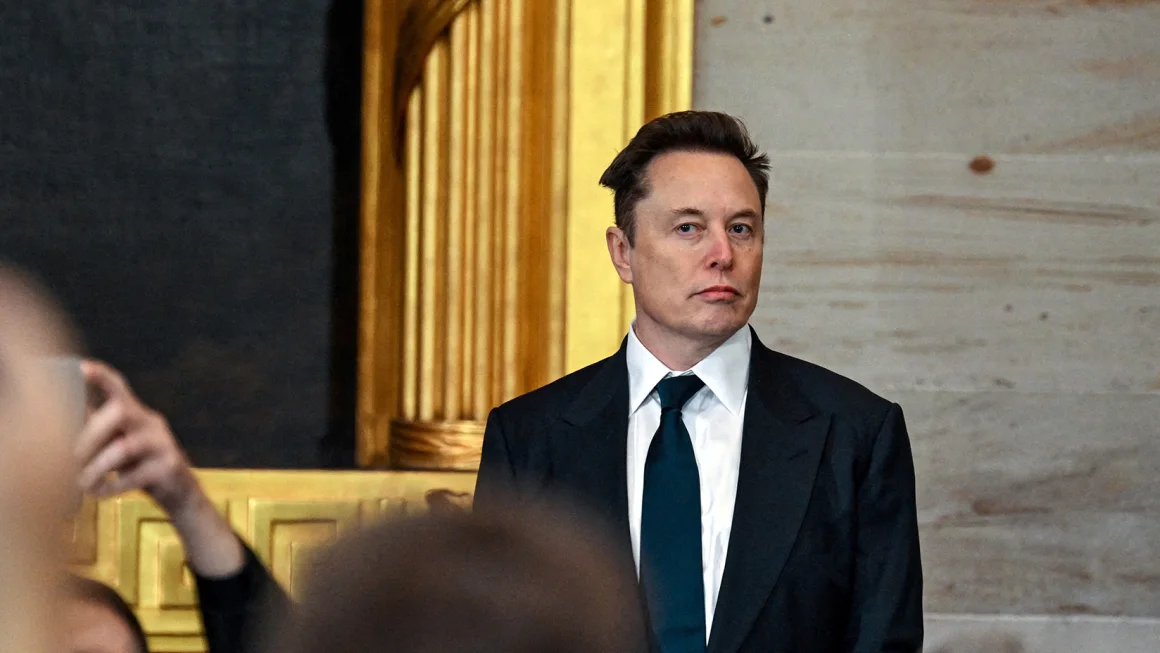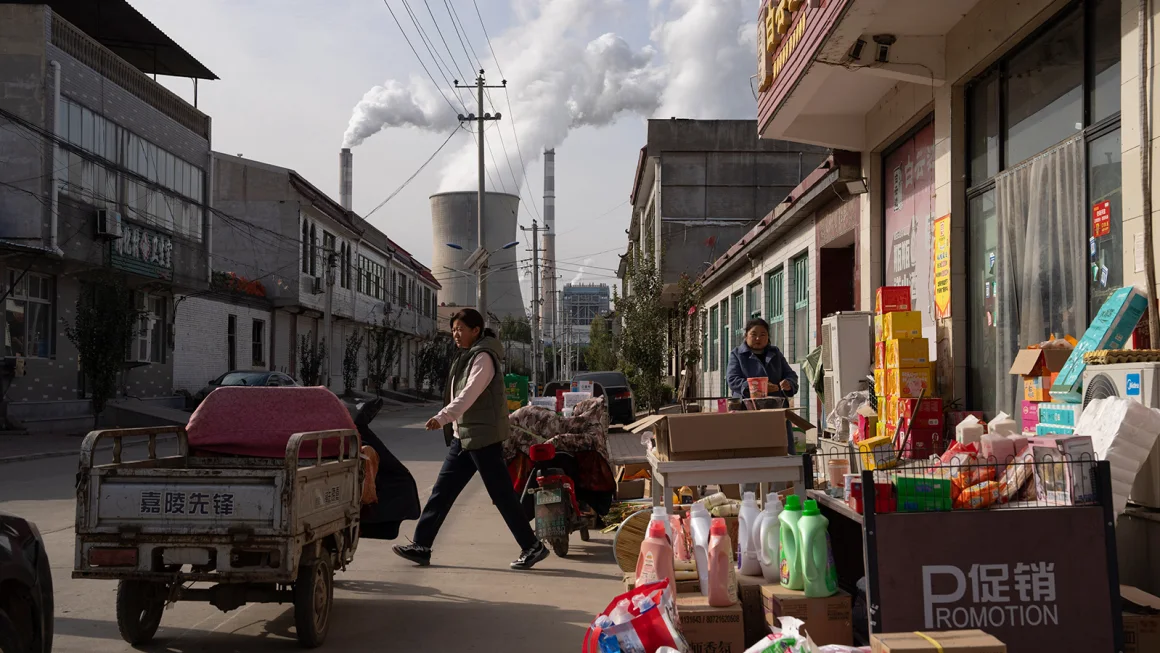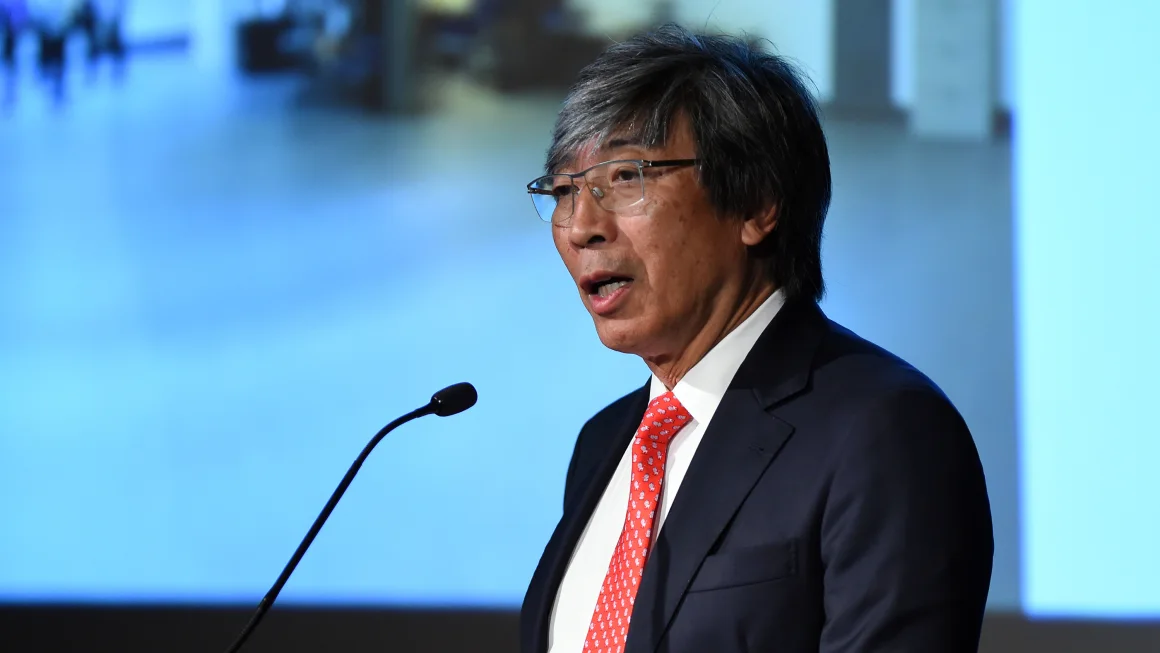Walmart, America’s largest retailer, is facing mounting challenges as it attempts to offset the impact of tariffs imposed by former President Donald Trump on Chinese imports. The company sought to pass the costs onto Chinese suppliers, but the response was a firm rejection, signaling growing resistance from China.
The 20% tariffs on Chinese goods have put pressure on Walmart, which imports a significant portion of its products from China while striving to maintain low prices for American consumers. In response, Walmart urged suppliers—particularly in the kitchenware and clothing industries—to cut prices by up to 10% per tariff round. However, the Chinese government is intervening, making it difficult for Walmart to maintain its pricing strategy.
US-China Trade Tensions Impacting Retail
The standoff between Walmart and China reflects the broader trade tensions between the two nations, leaving American businesses caught in the middle. US Treasury Secretary Scott Bessent previously claimed that Chinese manufacturers would absorb the tariffs, ensuring stable prices for US shoppers. However, China’s response suggests otherwise.
“China is making it clear they won’t shoulder the tariff burden—US consumers will,” said Thomas Hoenig, a fellow at the Mercatus Center at George Mason University and former Federal Reserve Bank president.
Tariffs come at a difficult time for American shoppers and retailers. Consumer spending has slowed, with retail sales rising just 0.2% in February, raising concerns about a potential economic downturn. Shoppers are cutting back on discretionary purchases, including travel, home renovations, and clothing.
Walmart’s Dilemma
Walmart now faces two difficult options: raising prices, which could alienate US shoppers, or continuing to pressure suppliers, risking further tensions with China. The retailer sources about 20% of its merchandise from China and has historically leveraged its buying power to negotiate lower costs.
“This isn’t just about suppliers—China is making a national statement,” said Joseph Jurken, founder of ABC Group, a supply chain consultancy. “The country is pushing back against US tariff policies.”
In addition to its US operations, Walmart has a significant presence in China, where its Sam’s Club stores and retail operations generated $17 billion in sales last year. Continued pressure from the Chinese government could jeopardize Walmart’s business interests in the region.
Despite these challenges, Walmart remains better positioned than many competitors. Around two-thirds of its products are sourced from the US, and it has a diversified supplier base across 70 countries. While tariffs on Canada, Mexico, and the EU exist, they are less likely to cause direct friction between Walmart and foreign governments compared to China’s intervention.
China’s Broader Retaliation
Walmart is not the only American company feeling the heat. China recently imposed retaliatory tariffs on US agricultural imports and launched an anti-monopoly investigation into Google. The Chinese government has also placed PVH—the parent company of Calvin Klein and Tommy Hilfiger—on its “unreliable entities list,” potentially restricting its operations in China. Biotech firm Illumina was similarly blacklisted.
PVH has criticized the decision and is engaging with Chinese authorities to resolve the issue. Being on the “unreliable entities” list could result in significant financial penalties or even a ban on operating in China.
As trade tensions escalate, Walmart and other US businesses must navigate a challenging landscape, balancing relationships with Chinese suppliers, government intervention, and the demands of American consumers.














